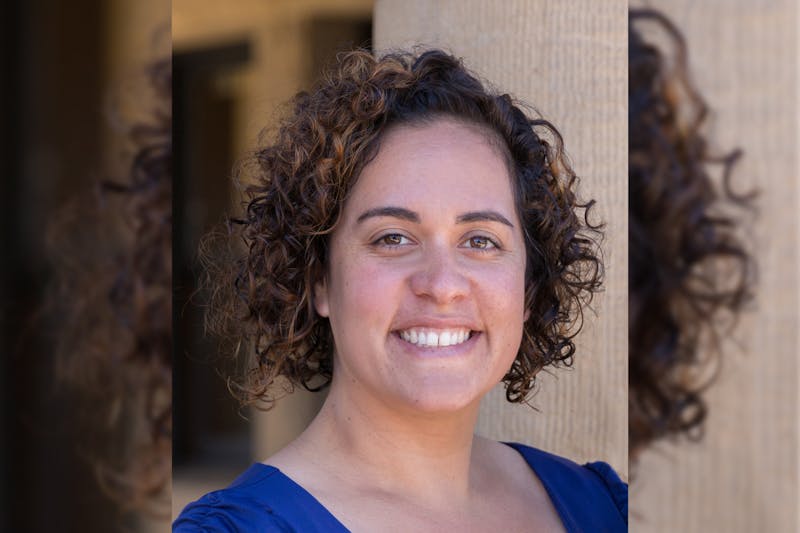
Penn is set to launch a master's program in applied criminology and police leadership in fall 2025.
The two-year program, which is housed in the School of Arts and Sciences, will be the first graduate program of its kind in the United States and will focus on theories of crime, analytic methods, and policy analysis. The faculty of the School of Arts and Sciences unanimously approved the new program, and Penn's Board of Trustees voted to establish it on Nov. 24.
According to the trustees' resolution, the program will employ "the global expertise" of Penn’s Department of Criminology to tackle issues faced by police departments in Philadelphia and across the country. A cohort of 15 students — composed of senior leaders of the Philadelphia Police Department — will inaugurate the degree in fall 2025, with plans to expand by 30 candidates each successive academic year in the short term.
The program is designed for senior police personnel with at least five years of policing experience. Classes including "Data Analysis and Program Evaluation," "Evidence-Based Policing," "Leadership in Criminal Justice," and "Implementing Experiments Into Policing" will be offered both in-person and online.
The Daily Pennsylvanian acquired School of Arts & Sciences Dean Steven Fluharty's initial program proposal, in which he wrote that the “profession of policing is suffering a crisis in recruitment, retention, and public legitimacy.”
“There are no master’s level programs for senior personnel in policing at any top tier research university in the United States," Fluharty wrote. "Penn is one of the only universities in the United States with the expertise to develop and offer a program designed to meet the critical challenges facing policing in the US.”
Included in the proposal was a "letter of support" penned by Philadelphia Police Department Police Commissioner Kevin Bethel, who said the program would "bring enormous value" to the Philadelphia and the city's police force. He wrote that Penn would be "an excellent partner" and highlighted the University's faculty expertise and national network of "government and practitioner partners."
“Coursework with Penn faculty and affiliates would provide opportunities for PPD police leaders to learn about and understand the best research and evidence-based management approaches, in order to design solutions that improve outcomes for Philadelphia communities," Bethel wrote.
Nora Lewis, the School of Arts and Sciences' vice dean for professional and liberal education, wrote to the DP that she is "excited" to work on the program alongside Penn's Department of Criminology.
"I think it aligns strongly with the imperative in the University’s strategic framework, In Principle and Practice, for Penn to cultivate leaders who serve their communities and engage with the great challenges of our time," Lewis wrote. "Penn has a long and proud tradition of educating professionals across many fields, and I think police leaders should also have access to a top-tier graduate education, one that can advance the culture of policing in the U.S."
Criminology and Sociology professor John MacDonald said in an interview with the DP that he hopes the new program will address a lack of education on evidence-based policing in the industry, train police officers in mid-career senior management roles as more effective leaders, and improve the field in general. He highlighted the program’s potential to explore solutions to address "endemic" issues such as racial profiling within law enforcement.
“[The program is] very similar to a professional master’s degree you would see in the field, like an MBA program,” Macdonald said. “It’s all tailored towards policing.”
The Daily Pennsylvanian is an independent, student-run newspaper. Please consider making a donation to support the coverage that shapes the University. Your generosity ensures a future of strong journalism at Penn.
Donate











